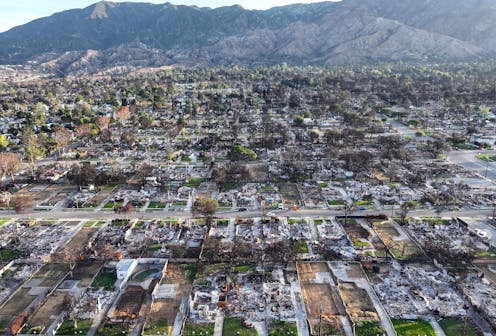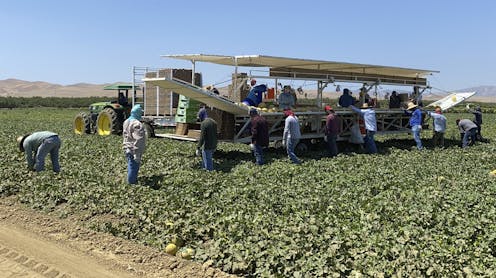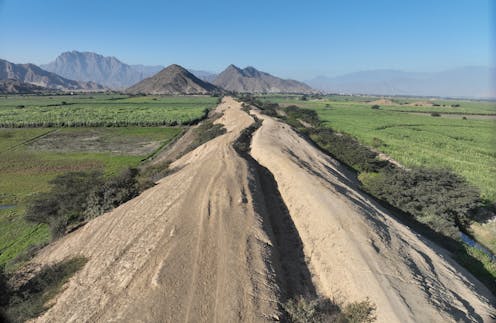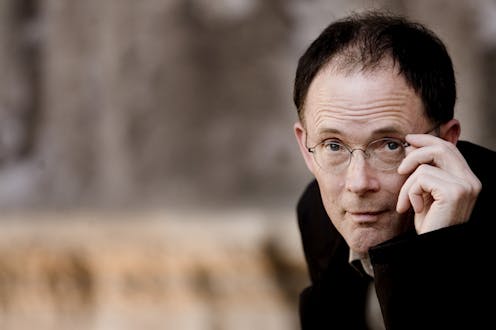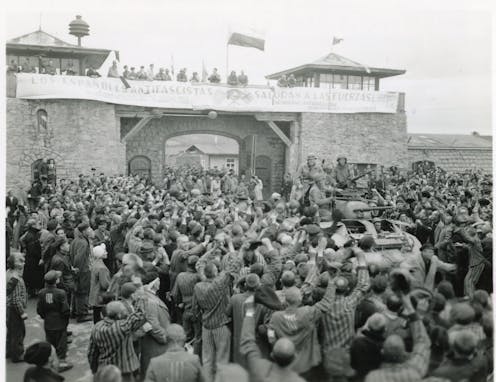The founder kings of Silicon Valley: Dual-class stock gives US social media company controllers nearly as much power as ByteDance has over TikTok
- Written by Gregory H. Shill, Professor of Law & Michael and Brenda Sandler Faculty Fellow in Corporate Law, University of Iowa
When Congress passed a law in 2024 to ban TikTok unless it came under U.S. ownership, lawmakers argued that the app’s Chinese parent company posed national security concerns. The Trump administration, which had granted the viral video app a reprieve shortly after taking office in January 2025, extended that pause again on April 4 after the...



